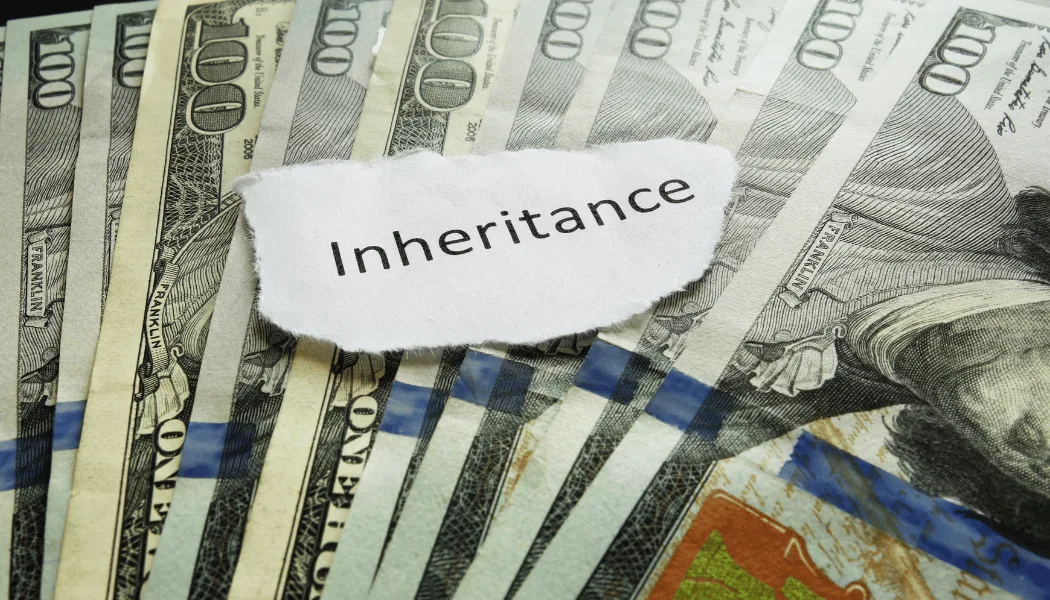
New Rules for Inherited Retirement Plans
If you inherited an IRA, 401K, or another type of retirement plan account after 2019, you may need to make annual account distributions and pay taxes. A new law also requires the entire balance of the plan to be distributed to you within 10 years. These distributions are known as Required Mandatory Distributions (RMDs). There are some exceptions to the 10-year rule, such as if the beneficiary is a surviving spouse, a minor child, or a person with a disability or chronic illness. This article will focus on changes to the RMD rules under the SECURE Act that went into effect on January 1, 2020 (also known as the Setting Every Community Up for Retirement Enhancement Act of 2019).
Background
Before the SECURE Act, the owner of an IRA was required to take RMDs beginning in the year they reached the age of 70 ½. The SECURE Act relaxed that rule and allowed owners to delay taking the RMD until age 72.
Also, before the SECURE Act, if a non-spouse inherited a retirement account the proceeds could have been distributed over the lifetime of the beneficiary. This was referred to as “stretching an IRA”. Under this concept, the beneficiary could reduce their tax burden on the inherited account, if they delayed the RMD until they retired – when presumably they have less income. This strategy was helpful if the account was inherited before retirement and RMDs were delayed until later years.
As noted above, the SECURE Act now requires beneficiaries that inherited a retirement account on or after January 1, 2020, to withdraw all the assets from the plan within 10 years of the death of the original account holder. However, the withdrawal rule is different when the original owner was receiving RMDs before their death.
IRS Proposed Regulations for Inherited Retirement Accounts
On October 7, 2022, the IRS issued a Notice that said it would delay the enforcement of a regulation issued in February that is related to beneficiaries taking required withdrawals from inherited retirement accounts. The IRS issued the Notice because many taxpayers and tax professionals found the February regulation to be confusing and it contradicted prior guidance by the IRS. The penalty relief applies to taxpayers that inherited retirement accounts in 2020 or 2021.
When the SECURE Act put the 10-year rule in place, taxpayers and tax professionals reasonably interpreted the new law to mean that beneficiaries of inherited retirement accounts could wait until the 10th year after the original owner’s death to withdraw all the assets. In other words, the beneficiary did not have to take an annual RMD every year for 10 years – they could do a lump sum distribution in year 10. In this regard, taxpayers relied upon guidance issued by the IRS in Publication 590B, published in May of 2021 that provided the basis for this application of the 10-year rule.
In February of 2022, the IRS issued a regulation that would require the heirs to take RMDs in cases where the original owner of the retirement account had taken their RMDs before death. This regulation conflicted with IRS guidance in Publication 590B. Consequently, many taxpayers did not take RMDs in 2020 or 2021 concerning IRAs and other retirement accounts that were inherited in 2020. The failure to take an RMD results in a 50% additional tax on the RMD amount that should have been taken. This additional excise tax is often referred to as a penalty.
During the 90-day comment period for the February regulation, the IRS received several comments from taxpayers and tax professionals claiming that they were not certain if they should take an annual RMD concerning retirement accounts that were inherited in 2020 and 2021. In response to the comments the IRS issued the Notice on October 7, 2022, that states that the February regulation would not apply until 2023. Therefore, the 50% tax/penalty would not apply to beneficiaries of IRAs that failed to take an RMD for retirement accounts where the original owner took RMDs before their death. However, in 2023, these beneficiaries must take the RMD or face the 50% additional tax. The IRS Notice also provides that if a beneficiary paid the 50% excise tax/penalty for a 2020 or 2021 RMD, they may request a refund.
RVG & Company
If you have inherited a retirement account after 2019 and would like to discuss the RMD and tax filing requirements to avoid a 50% penalty, please call RVG & Company at (954) 233-1767.
